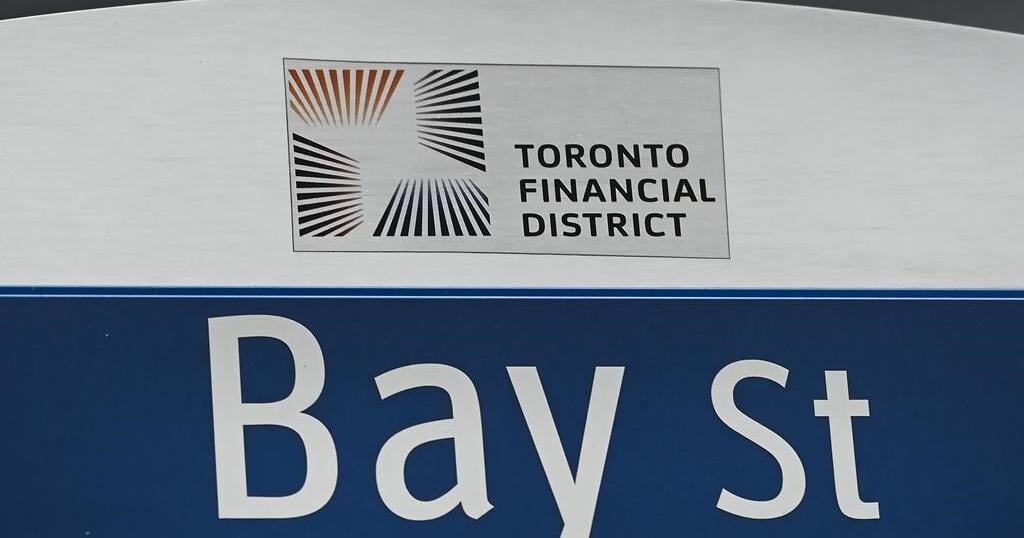(Bloomberg) — India’s delay in appointing a new central bank committee to decide interest rates is just the latest of Prime Minister Narendra Modi’s key economic reforms that are failing to gain traction during the nation’s worst crisis in decades.
Three of his keystone reforms — the goods and services tax, a bankruptcy and insolvency law and the Monetary Policy Committee — have been mired in problems since the Covid-19 outbreak upended economic activity.Modi’s administration has delayed payments it promised India’s 28 states as compensation under the new consumption tax regime, increasing tension between the two tiers of government. The bankruptcy law has been suspended, frustrating the loan recovery efforts of lenders already saddled with one of the world’s worst bad-loan problem. And on top of that, the government didn’t appoint members to the central bank’s MPC in time for its scheduled policy decision last week, delaying possible stimulus that the economy desperately needs.
“In such uncertain times, the least we can do is avoid unnecessary uncertainty. The MPC episode has just added to the ongoing chaos,” said Amol Agrawal, an assistant professor in the department of economics and public policy at Ahmedabad University. “Reforms have surely been dealt a blow by the pandemic.”
K.S. Dhatwalia, a spokesman for the government, didn’t immediately respond to a call on his mobile phone for comment.
Record Slump
Modi has been hailed by investors for his business-friendly reforms, which had been under discussion for years but pushed through in the first three years when he first took office in 2014.The stall in reforms is weighing on the outlook for Asia’s third-largest economy, which has gone from one of the fastest growing in the world to among the worst hit during the pandemic. India’s gross domestic product contracted a record 23.9% in the June quarter from a year ago, and Goldman Sachs Group Inc. is predicting the economy will shrink 14.8% in the fiscal year through March 2021.
The government is still pushing through reforms in the farm sector and seeking changes to the nation’s rigid labor rules.
The GST dispute is particularly worrying. Modi’s government is short of 2.35 trillion rupees ($32 billion) of the 3 trillion rupees it owes states this year, and is encouraging them to borrow the shortfall amount until it can resume payments when tax revenue improves. With states unable to deliver key spending programs, some have threatened to take the matter to court.
On the bankruptcy law, banks were broadly against the government’s blanket suspension of it to provide relief to businesses hurt by the pandemic. The move will further delay bankruptcy settlements for banks grappling with huge bad-debt ratios.
MPC Delay
The Insolvency and Bankruptcy Code “is the most effective instrument available to banks for recovering their defaulted loans to the best extent possible,” Subhash Chandra Garg, a former top bureaucrat at the Finance Ministry in the Modi government, told businessmen recently. “Suspension of IBC should be revoked,” he said, adding that the code had created an “institutional path and a shift in the effectiveness of dispute resolution.”
The delay in appointing new MPC members at the Reserve Bank of India after their terms ended in August adds a new layer of complication for bankers. It could weigh on lending at a time when credit growth is already weak.
Finance Minister Nirmala Sitharaman said last week the delay in appointments to the MPC wasn’t by design, and the names of three new external members would be announced shortly. She is due to meet her counterparts from states Monday on the GST compensation matter.
While investors continue to be optimistic about India’s pro-market reforms, “we have seen a number of events that at least raise eyebrows in a very short period of time and could be considered bad from an institutional quality perspective, said Hugo Erken, head of international economics at Rabobank. That could show up “sooner or later in ratings, yields, risk appetite and even economic growth.”
©2020 Bloomberg L.P.
Let’s block ads! (Why?)

Source link
Related

























